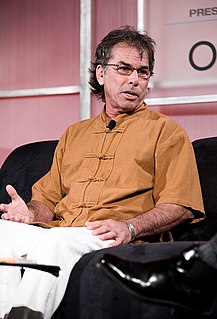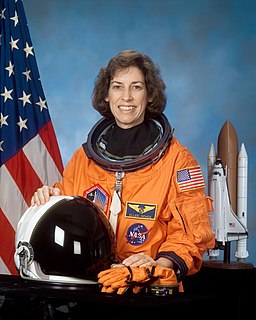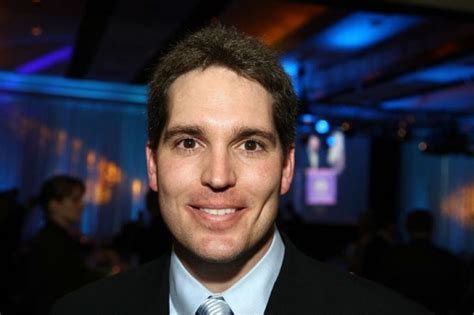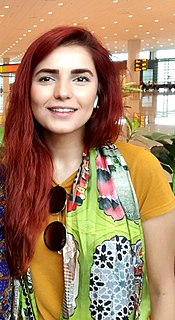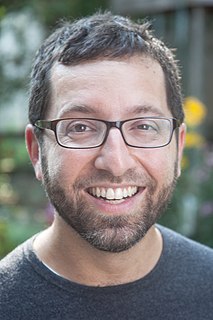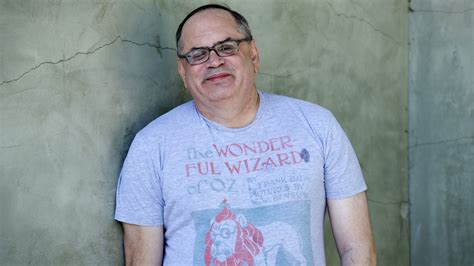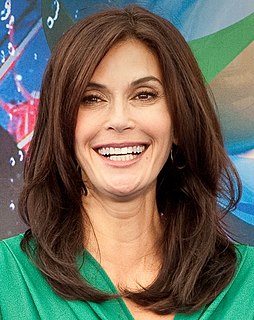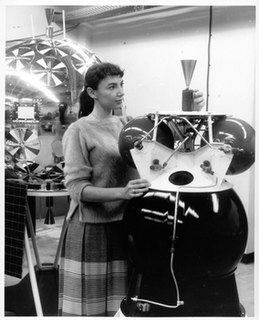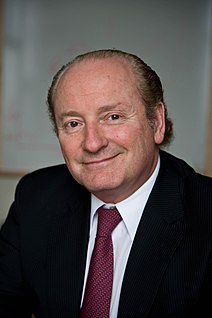A Quote by Colin Powell
My two Jamaican cousins ... were studying engineering. 'That's where the money is,' Mom advised. ... I was to be an engineering major, despite my allergy to science and math. ... Those who preceded me at CCNY include the polio vaccine discoverer, Dr. Jonas Salk ... and eight Nobel Prize winners. ... In class, I stumbled through math, fumbled through physics, and did reasonably well in, and even enjoyed, geology. All I ever looked forward to was ROTC.
Autobiographical comments on his original reason for going to the City College of New York, where he shortly turned to his military career.
Quote Topics
Advised
Allergy
Autobiographical
Career
City
Class
College
Comments
Cousins
Despite
Did
Dr
Eight
Engineering
Enjoyed
Even
Ever
Forward
Geology
Going
His
Include
Looked
Major
Math
Me
Military
Mom
Money
New
New York
Nobel
Nobel Prize
Nobel Prize Winners
Original
Physics
Polio
Polio Vaccine
Prize
Reason
Reasonably
Science
Studying
Those
Through
Turned
Two
Vaccine
Well
Were
Winners
York
Related Quotes
The most important steps that I followed were studying math and science in school. I was always interested in physics and astronomy and chemistry and I continued to study those subjects through high school and college on into graduate school. That's what prepared me for being an astronaut; it actually gave me the qualifications to be selected to be an astronaut.
I was always told that I was good in mathematics, and I guess my grades and standardized test scores supported that. My worst subjects were those that generally involved a lot of reading - English and history. So, having good test scores in math and mediocre ones in reading, I was naturally advised to major in engineering in college.
I attended a high school with more than 4,000 students and met with a guidance counselor only once during my four-year stint. Despite my clear strengths in science and math, my counselor's advice was to pursue a degree in business. A career in engineering was never encouraged nor, in fact, ever mentioned.
I loved school, was an exceptional student, and found a passion for math and science that led me to Vanderbilt University, where I discovered the world of electrical engineering. I did well in college, loved the work I was doing, and soon found myself climbing the corporate ladder after graduation. I was one of the lucky ones.

